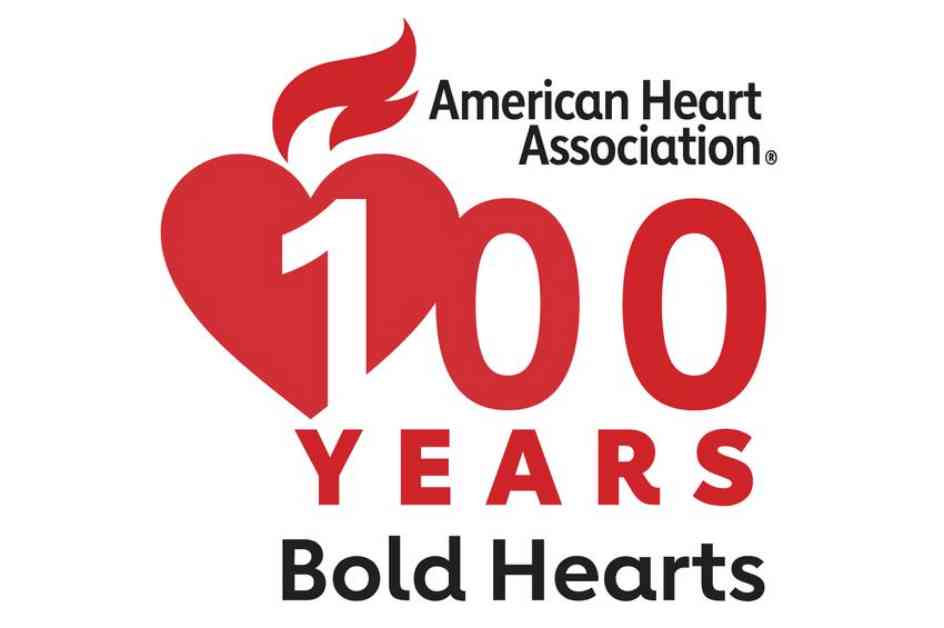A new scientific statement from the American Heart Association emphasizes the importance of coordinated care for children with Down syndrome and congenital heart defects to optimize their quality of life. This multidisciplinary approach addresses the specific physical, psychological, and developmental needs of these children, ultimately helping them lead longer and more productive lives.
The scientific statement, titled “Trisomy 21 and Congenital Heart Disease: Impact on Health and Functional Outcomes from Birth to Adolescence,” was published in the Journal of the American Heart Association, a peer-reviewed open-access journal. It highlights several key points:
Understanding Down Syndrome and Congenital Heart Defects:
– Down syndrome, also known as trisomy 21, is a genetic condition characterized by an extra copy of chromosome 21. It is the most common chromosomal abnormality, with approximately 5,300 babies born with Down syndrome in the United States each year. Additionally, 35% to 50% of children with Down syndrome also have congenital heart defects.
– The most common congenital heart defects in children with Down syndrome are atrial or ventricular septal defects, commonly known as “holes in the heart.”
– Conditions like pulmonary hypertension and single ventricular heart disease can impact the lifespan of individuals with Down syndrome.
Comprehensive Care and Challenges:
– Children with Down syndrome and congenital heart defects often face lifelong respiratory issues and hypothyroidism. These conditions can hinder physical and neurological development.
– Visual and auditory impairments are common in children with Down syndrome, affecting language development, communication, cognitive abilities, and social behavior.
– Psychological conditions such as autism spectrum disorder, attention deficit hyperactivity disorder, anxiety, and depression are prevalent in these children, as are social determinants of health that can lead to discrimination, prejudice, inequality, education issues, and socioeconomic challenges.
Importance of Coordinated Care:
– Physical, occupational, speech, and behavioral therapies play crucial roles in the care of children with Down syndrome and congenital heart defects. Early speech intervention supports communication and independence, while physical and occupational therapies focus on motor skills, daily living activities, social skills, and sensory integration.
– A comprehensive medical home with primary and specialized care, including a multidisciplinary team of professionals, promotes continuity of care, family-centered attention, and advocacy for rights. Effective care coordination improves healthcare access, reduces delays in treatment, hospitalizations, and healthcare costs, and enhances overall health outcomes and satisfaction.
– With appropriate support from multidisciplinary healthcare teams, communities, schools, and families, children with Down syndrome and congenital heart defects can lead fulfilling and independent lives. Transitioning to adulthood should involve assessing their needs, abilities, and decision-making capacity.
– Future research efforts should focus on reducing the burden of these conditions to improve functional outcomes and quality of life for children with Down syndrome and congenital heart defects.
In conclusion, the scientific statement underscores the critical need for coordinated care to address the complex physical, psychological, and developmental needs of children with Down syndrome and congenital heart defects. By emphasizing a multidisciplinary approach, healthcare providers can optimize the quality of life and outcomes for these children, promoting independence and well-being throughout their lifespans.


















